The 7 Cs of communication are 7 attributes that you should keep in mind while communicating any message. Following these rules will help to improve your written and verbal communication skills and ensure that your message is clear and understandable, aiding you in both your personal and professional life.
Clear – Convey your message in a clear and understandable manner. Using simple short sentences whilst speaking or writing will help clients and colleagues alike understand you.
Concise – Keep it to the point. Refrain from going on tangents or using filler words, this can add time and confusion whilst diminishing the value of your message for both you and your intended listener.
Concrete – Keep it clear and concise and support it with facts. No one can get confused if there is nothing to get confused about. A concrete message is solid and specific.
Correct – Make sure everything is correct, from the facts and figures to your spelling and grammar. A grammatically correct message with facts to back it up adds credibility and value to your work.
Complete – It’s also important sure your communication is complete. Messages with missing information can cause misunderstanding and be detrimental to the decision-making process.
Courteous – For any communication to be effective it is critical to have a mutual understanding between both you and whoever you’re communicating with. You need to respect your audience otherwise there will be a breakdown in communication just as you need to be respected.
Coherent – If your messages are not coherent your communication will not be effective. You should have a logical flow and your style, tone and language should be consistent throughout.
Ways to improve your communication skills
The way you deliver a message is not the only way to improve your communication skills, moreover, it depends a lot on what you’re doing when the other is talking
- Listening – Listening will help you understand what the other person wants. On the other hand, not listening or zoning out is a sure-fire way to break down that communication.
- Body language – As mentioned earlier, body language is one example of non-verbal communication. Not only is your own body language important when communicating with someone but reading others’ body language can be equally important. A lot of information can be passed without talking
- Confidence – Having confidence in yourself is a great way to put someone at ease, especially when talking with clients (as long as you can back it up with your skills, experience or work ethic). Contrary to what many may think, confidence can be learnt and it all begins with giving it a go.
- Open-mindedness – This will help you tackle different situations in different ways and help you appear approachable to both clients and colleagues due to a flexible, adaptable open-minded approach.
- Respect – Mutual respect is a necessity when it comes to good communication
Communication skills are an essential skill for success and encompass so much more than just the way you speak. However, many lawyers have not mastered them. Starting to take steps towards improving your communication today can give you a jumpstart on your path to partnership. If you’ve enjoyed this blog stick around to learn more skills on the lawyers’ path to partnership and follow Realm Recruit on LinkedIn to find out when we release the next instalment.




